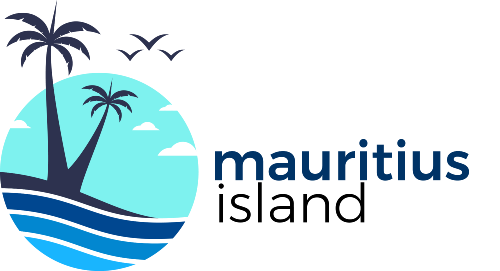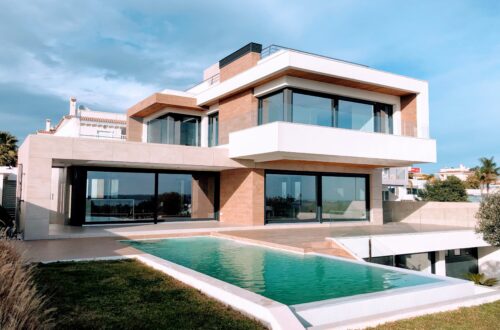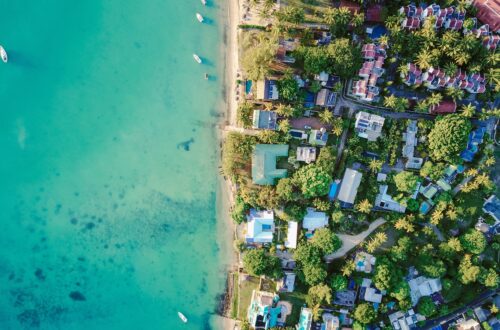If you’re considering a move to Mauritius, one of the most important things to consider is the cost of living. From accommodation to utilities, transportation, dining out, entertainment, clothing, and education, being aware of the expenses will help you prepare your budget effectively. In this article, we’ll provide valuable insights into the various aspects of the cost of living in Mauritius. We used the EDB website to calculate the figures, so make sure to check out their website.
Accommodation
Finding a place to call home in Mauritius is relatively easy. Whether you prefer an apartment close to your workplace or a villa near the beach, the island offers multiple accommodation options. Renting a residential property is the most common choice, while acquiring a unit in an approved residential scheme provides significant advantages. Prices for apartments, houses, villas, and penthouses vary based on factors such as location, size, number of bedrooms, and amenities provided.
For instance, basic houses with 2 to 3 bedrooms, spanning an area of 100-200 m², typically range from USD 500 to USD 1000 per month. If you desire a more luxurious setting, spacious houses and villas with 3 to 6 bedrooms, covering an area of 200-400 m² and including a garden and swimming pool, will cost approximately USD 2000 to USD 5000 per month. Keep in mind that some offers may require separate deposits and agency fees.
Monthly Utilities
When it comes to utilities in Mauritius, the core components are electricity, water, and internet. The supply of electricity and water is ensured by government agencies, while residents have the option to choose from a few internet service providers.
Here are some indicative prices for monthly utility bills:
- Electricity: USD 15-20 (based on a normal household consumption but may vary depending on the number and types of appliances connected and hours of usage)
- Water: USD 3-6 (for a family of 3 to 4 members, based on normal household use)
- Internet: USD 30 (for a package with 20 Mbps download speed and unlimited/1 TB volume supply)
Transportation
Mauritius boasts a developed and modern road infrastructure, making it easy to travel across the island. Residents have a variety of transportation options to choose from, including buses, the metro, taxis, and car rentals.
Here is an overview of transportation costs in Mauritius:
- Bus: USD 0.85 (one-way ticket)
- Metro: USD 1 (one-way ticket)
- Taxi: USD 2.5-3 per kilometer
- Car Rental: Starting from USD 20 per day (for a sedan car)
- One liter of gasoline: USD 1.25
It’s important to note that purchasing a car in Mauritius is subject to a 100% excise duty.
Education
In terms of education, government-run pre-primary, primary, and secondary schooling is free in Mauritius. However, fees charged by international private institutions can vary for different educational cycles. It’s important to consider that apart from monthly fees, additional fees such as application fees, enrollment fees, examination fees, and capital levies may apply.
Estimated fees for education in Mauritius are as follows:
- Pre-primary: Around USD 200.
- Primary: Around USD 400.
- Secondary: USD 500-900.
Dining Out
Mauritian cuisine is a delightful blend of cultural and historical influences. From street foods to fine dining restaurants, there’s something to please every palate.
Here are some approximate prices for dining out in Mauritius:
- Street Foods: Starting from USD 0.25 (popular choices include Indian-style pancakes with masala veggies, Chinese dumplings, and fried noodles)
- Moderately Priced Restaurant: Starting from USD 30 (for two persons)
- High-End Restaurant: Starting from USD 50 (for two persons)
Entertainment
Living on a tropical island like Mauritius offers a range of entertainment options, including public beaches, mountains, waterfalls, and scenic landscapes. Additionally, there are various activities to enjoy, such as kitesurfing, golfing, horse riding, visiting outdoor amusement parks, and frequenting pubs.
Here are some estimated prices for entertainment activities in Mauritius:
- Surf, Kitesurf, Windsurf, and Stand-Up Paddle (SUP): Lessons typically start at around USD 90 to USD 190, depending on the activity.
- Other Water Activities: Rates for water activities vary based on competency level and the need for initiation lessons.
- Golf: Membership fees vary among clubs or may be complimentary for guests of resort hotels.
- Horse Riding: Starting from USD 40 per hour.
- Amusement Parks: Starting from USD 10.
- Cinema: Starting from USD 7.
- Concerts and Music Festivals: Starting from USD 12.
Clothing
Mauritius offers a wide range of clothing options. Malls are popular choices for internationally known brands and high-quality products, while local markets offer affordable and good-quality clothing. There are also several mid-priced retailers around the island, with some being local brands.
Here is a general idea of clothing prices in Mauritius:
- T-shirts at Brand Stores: Starting from USD 30.
- T-shirts at Mid-Priced Retailers: Starting from USD 12.
- T-shirts at Shops and Stalls: Starting from USD 5.
Frequently Asked Questions
1. Is it expensive to live in Mauritius?
The cost of living in Mauritius can vary depending on your lifestyle and location, but it’s generally considered more affordable than Western Europe or North America.
2. What is the cost of housing in Mauritius?
The cost of housing in Mauritius can vary depending on the location, size, and type of property, but it’s generally more affordable than in many Western countries.
3. Is healthcare expensive in Mauritius?
Healthcare in Mauritius is generally considered affordable, although private healthcare can be more expensive than public healthcare.







One Comment
Pingback: